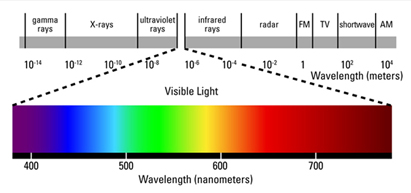Dodutils
Pulling my weight
- Joined
- Dec 10, 2016
- Messages
- 451
- Reaction score
- 166
Hello,
Did anyone tried this to see the result at night in the range of 380-385nm wave length ?
I am curious about the visual result and how it may change with or without IR filter at night (of course IR filter should not change the result at night but as I said I am curious).
Of course camera will have IR light off in any.
For example this could be usefull to check if you have some scorpio moving at night but could also produce funny results on human's faces.
regards.
Did anyone tried this to see the result at night in the range of 380-385nm wave length ?
I am curious about the visual result and how it may change with or without IR filter at night (of course IR filter should not change the result at night but as I said I am curious).
Of course camera will have IR light off in any.
For example this could be usefull to check if you have some scorpio moving at night but could also produce funny results on human's faces.
regards.


